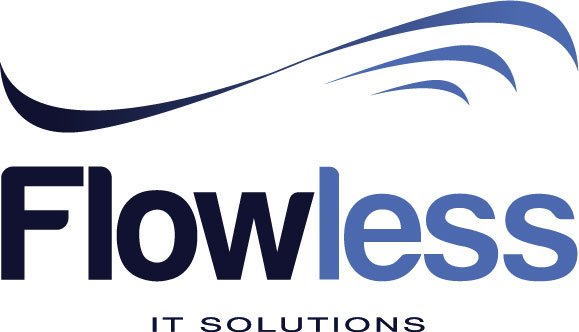An unconference is known for its other term “open space conference”. This is actually considered as a participant oriented-meeting. In the complete understanding of its term, it is usually applied to a lot of gatherings that avoid 1 or more aspects that relate to conventional conference like sponsored presentations, top-down organization and fees.
History
Dating back in the history, unconferences were believed to utilize variations on the Open Space Technology method or format. This format was created and introduced by none other than Harrison Owen in the year of 1985.
In the book entitled “Open Space Technology: A User’s Guide” published by Owen in 1993, it simply discussed a lot of techniques usually linked with unconferences. However, in this book, it does not entirely make use of the term.
As per the first appearance of the term, it was witnessed in an announcement for the annual conference of XML developers. This was noted in the year of 1998. Lenn Pryor also used the term in the discussion of BloggerCon. Later on, it was then popularized by the organizer named Dave Winer. He was the reputable and trusted organizer of BloggerCon during a write-up event in April 2004. In regard with the first BloggerCon, it was held in 4th to 5th day of October 2003 at the Berkman Center for Internet and Society in Harvard.
As per the organizer of Foo Camp, Sarah Winge had drawn her experience of conversations and had opened space with Harrison Owen to further develop its format. It was in the 10th to 12th day of October 2003 that the first Foo Camp happened in California.
In the year of 2005, the attendees from the past produced their so-called “Bar Camp”. The three events; Foo Camp, BarCamp and BloggerCon helped in the popularization “unconference” as a term. Bar Camp and Foo Camp have popularized the form wherein there will be no agenda until all attendees have made one up.
Application
In regard with the application, the attendees usually start with the agenda at the very start of the meeting. For those who want to insist a discussion on a particular topic may choose to claim a space and a time. Actually, unconferences feature an open discussion instead of a single speaker placed in the front of the room for reputed individuals to give a talk.
This conference is found to be specifically useful especially when attendees have a high level of knowledge and expertise in the conference convenes. Nevertheless, it can be conducted and applied through the use of facilitation styles like:
- Fishbowl
- Ignite
- Dotmocracy
- Lightning Talks
- Open Space Technology
- Knowledge Café
- World Café
- Speed Geeking
- PechaKucha
This has been found to be useful when applied to gatherings or conventional conferences established by organizations.
— Slimane Zouggari
